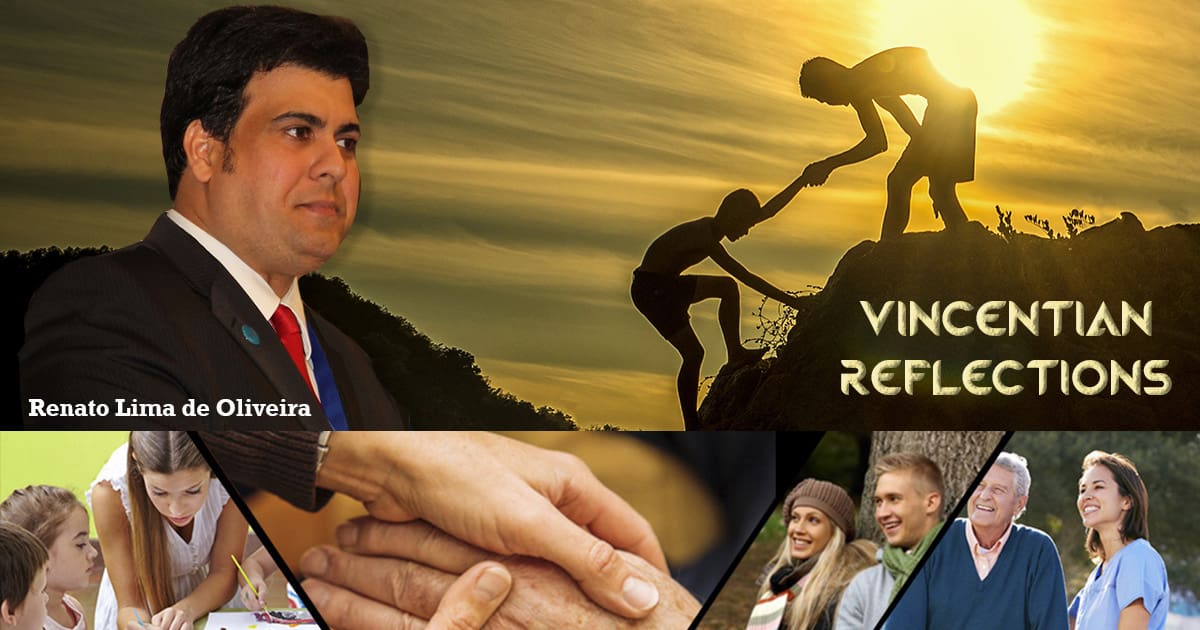There is a biblical passage that remains “undeciphered” to this day. It has to do with the “sting in the flesh” that St. Paul refers to in the 2nd letter to the Corinthians: “And precisely so that I would not be proud after such extraordinary revelations, a sting was thrown into the flesh, true delegate of Satan, whose slaps keep me proud. Three times I begged the Lord to take him away from me, but he said: ‘My grace is enough, my greatest strength is manifested in weakness.’ With pleasure, then, I will take pride in my weaknesses, so that the strength of Christ may cover me.”[1]
Bible scholars claim that this “sting in the flesh” could be both a physical illness and something related to the spiritual aspect. Either way, that sting was an inconvenience in Paul’s life; however, despite having asked God, for three times, to free him from suffering, he accepted that situation, giving it to the Lord as proof of love, obedience and faithfulness.
For some, the stinger would be a recurring eye infection; for others, circumcision (because Paul was Jewish, but he had converted to Christ and had to live with that Jewish symbol). The Bible does not explain what that sting really was.
What does this passage of the Holy Scriptures have to do with Vincentian work? In our walk we find many stingers that, at times, can hinder our projects and desires. Let’s start talking about the “sting of poverty,” which leaves those assisted in a situation of fragility and vulnerability. How to remove the “sting of poverty” from within the unequal society in which we live? Oh, terrible sting to fight! How we wish we were able to exterminate that sting! But we have to live with him, mitigating at least his disastrous effects on those who suffer most.
Another “sting in the flesh” that we have within the Society of St. Vincent de Paul is the inadequate posture of certain leaders, who are emboldened with the positions assumed, such as the president of the Work or Council. Unfortunately, there are those who think so, even if we are really mere instruments of the Lord so that He, God, can perform wonders through our hands and talents. We are “useless servants” and we cannot be presumptuous for anything we do, for Jesus himself guided us: “So also you, when you have done all that has been commanded, say: ‘We are servants not necessary, we have done what it was our duty.’”[2].
Finally, another “sting in the flesh” that accompanies the Vincentians is the question of indifference and accommodation that many have in relation to the poor. We cannot allow ourselves to fall into the routine during home visits, and that our action be restricted to donating material goods and food products. Nor can we keep looking for excuses for our absences from meetings and Vincentian events, because that weakens us spiritually. Mortification – one of the Vincentian virtues – has everything to do with that discomfort. Therefore, we ask God to keep that sting in our flesh, so that we never forget that we are His tools.
Our hope lies in God’s promise to the poor and those who help the poor: “For he will deliver the beggar who cries out to him, the little one who has no support from anyone; he takes pity on the weak and the poor, he will save the lives of the poor.”[3]
Some questions to reflect on the Conference: What is the sting that most bothers in the day to day of the Society of St. Vincent de Paul, the external sting (referred to those assisted, such as misery and inequality) or the internal ( referred to the relationships within the Conferences and Councils)? Or maybe the stingers are spiritual and physical?
[1] 2 Cor 12:7-9.
[2] Lc 17:7-10.
[3] Psalm 72.
Renato Lima de Oliveira
16th General President of the Society of Saint Vincent de Paul








0 Comments